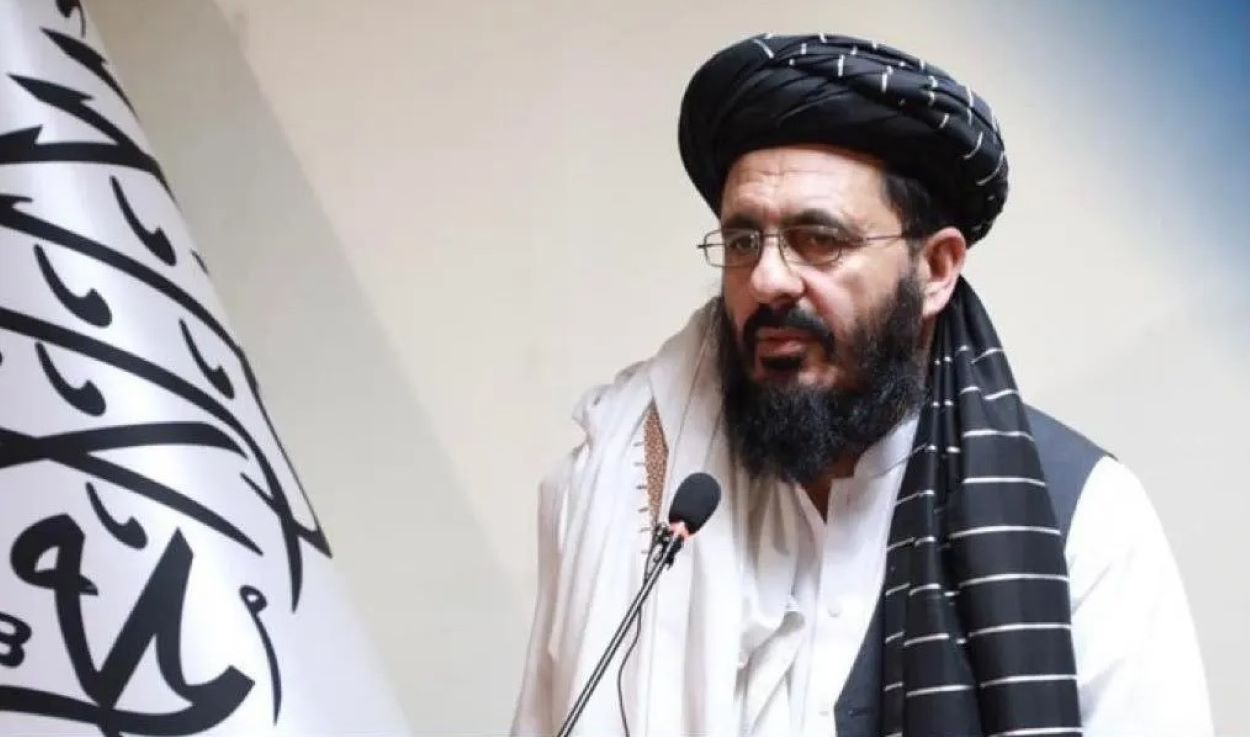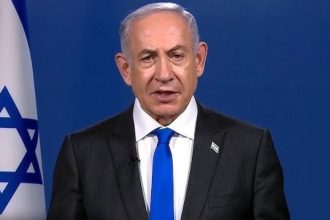Mohammad Nabi Omari, Afghanistan’s Deputy Interior Minister, urged Pakistan and the proscribed Tehreek-e-Taliban Pakistan (TTP) to seek a peaceful resolution through dialogue, highlighting the violence’s cross-border impact.
At a conference, Omari emphasized the destructive outcomes of wars and revolutions, including the creation of widows and orphans and the devastation of countries and economies. He cautioned Islamabad, asserting from experience that victory in such conflicts is unattainable, regardless of military size.
Omari clarified the Afghan Taliban’s stance on non-intervention, even if the TTP declares jihad. He stressed the prolonged conflict’s disconnection from the Afghan Taliban’s concerns, pointing out the disturbance it causes in Afghanistan.
In March, factions within the Islamic Emirate of Afghanistan—the Haqqani and Kandahari groups—prompted the TTP towards dialogue with Islamabad to ease tensions.
Pakistan utilized the Jamiat Ulema-e-Islam-Sami (JUI-S) leadership to facilitate TTP negotiations. This initiative followed discussions by Maulana Hamidul Haq with Taliban leadership and Haqqani network figures, aimed at reducing hostilities and committing to non-aggression towards Islamabad.






